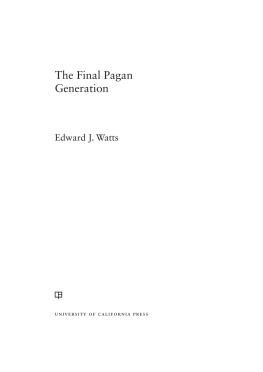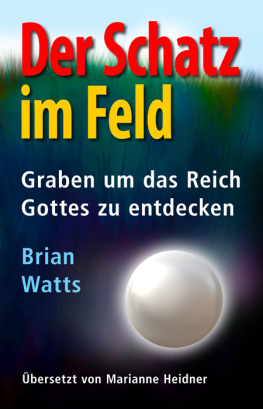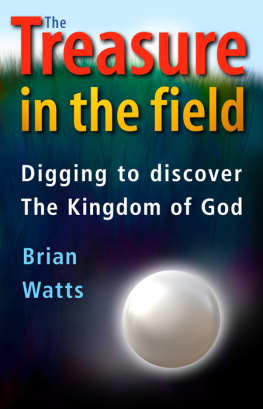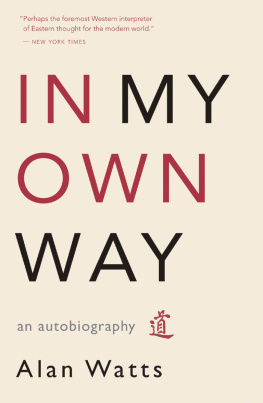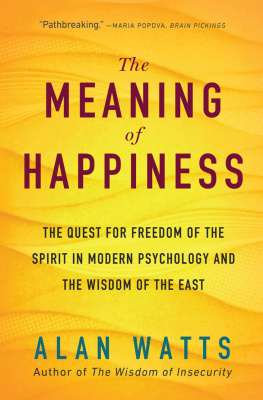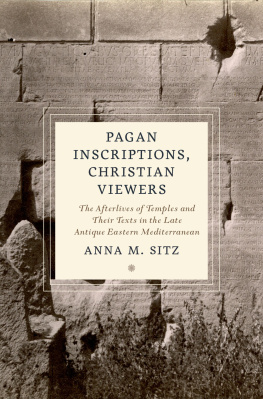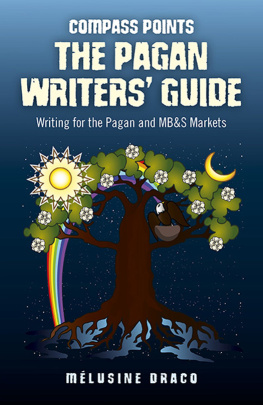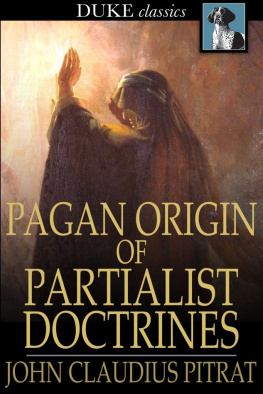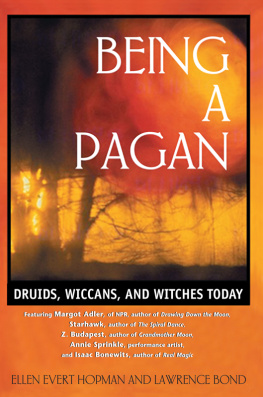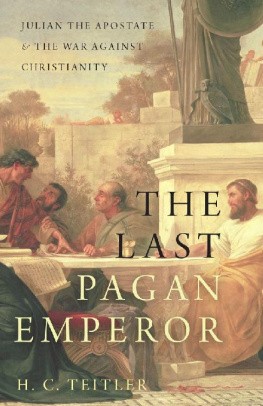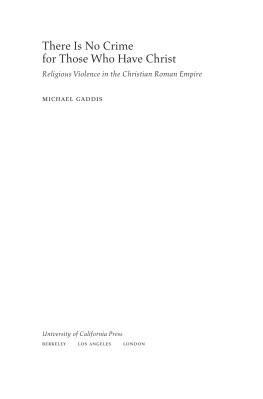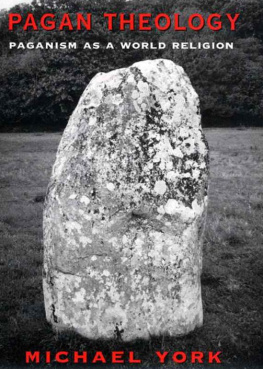I. | Art and Ceremony in Late Antiquity, by Sabine G. MacCormack |
II. | Synesius of Cyrene: Philosopher-Bishop, by Jay Alan Bregman |
III. | Theodosian Empresses: Women and Imperial Dominion in Late Antiquity, by Kenneth G. Holum |
IV. | John Chrysostom and the Jews: Rhetoric and Reality in the Late Fourth Century, by Robert L. Wilken |
V. | Biography in Late Antiquity: The Quest for the Holy Man, by Patricia Cox |
VI. | Pachomius: The Making of a Community in Fourth-Century Egypt, by Philip Rousseau |
VII. | Change in Byzantine Culture in the Eleventh and Twelfth Centuries, by A. P. Kazhdan and Ann Wharton Epstein |
VIII. | Leadership and Community in Late Antique Gaul, by Raymond Van Dam |
IX. | Homer the Theologian: Neoplatonist Allegorical Reading and the Growth of the Epic Tradition, by Robert Lamberton |
X. | Procopius and the Sixth Century , by Averil Cameron |
XI. | Guardians of Language: The Grammarian and Society in Late Antiquity, by Robert A. Kaster |
XII. | Civic Coins and Civic Politics in the Roman East, A.D. , by Kenneth Harl |
XIII. | Holy Women of the Syrian Orient, introduced and translated by Sebastian P. Brock and Susan Ashbrook Harvey |
XIV. | Gregory the Great: Perfection in Imperfection, by Carole Straw |
XV. | Apex Omnium: Religion in the Res gestae of Ammianus, by R. L. Rike |
XVI. | Dioscorus of Aphrodito: His Work and His World, by Leslie S. B. MacCoull |
XVII. | On Roman Time: The Codex-Calendar of and the Rhythms of Urban Life in Late Antiquity, by Michele Renee Salzman |
XVIII. | Asceticism and Society in Crisis: John of Ephesus and The Lives of the Eastern Saints, by Susan Ashbrook Harvey |
XIX. | Barbarians and Politics at the Court of Arcadius, by Alan Cameron and Jacqueline Long, with a contribution by Lee Sherry |
XX. | Basil of Caesarea, by Philip Rousseau |
XXI. | In Praise of Later Roman Emperors: The Panegyrici Latini, introduction, translation, and historical commentary by C. E. V. Nixon and Barbara Saylor Rodgers |
XXII. | Ambrose of Milan: Church and Court in a Christian Capital, by Neil B. McLynn |
XXIII. | Public Disputation, Power, and Social Order in Late Antiquity, by Richard Lim |
XXIV. | The Making of a Heretic: Gender, Authority, and the Priscillianist Controversy, by Virginia Burrus |
XXV. | Symeon the Holy Fool: Leontiuss Life and the Late Antique City, by Derek Krueger |
XXVI. | The Shadows of Poetry: Vergil in the Mind of Augustine, by Sabine MacCormack |
XXVII. | Paulinus of Nola: Life, Letters, and Poems, by Dennis E. Trout |
XXVIII. | The Barbarian Plain: Saint Sergius between Rome and Iran, by Elizabeth Key Fowden |
XXIX. | The Private Orations of Themistius, translated, annotated, and introduced by Robert J. Penella |
XXX. | The Memory of the Eyes: Pilgrims to Living Saints in Christian Late Antiquity, by Georgia Frank |
XXXI. | Greek Biography and Panegyric in Late Antiquity , edited by Tomas Hgg and Philip Rousseau |
XXXII. | Subtle Bodies: Representing Angels in Byzantium, by Glenn Peers |
XXXIII. | Wandering, Begging Monks: Spiritual Authority and the Promotion of Monasticism in Late Antiquity, by Daniel Caner |
XXXIV. | Failure of Empire: Valens and the Roman State in the Fourth Century A.D., by Noel Lenski |
XXXV. | Merovingian Mortuary Archaeology and the Making of the Early Middle Ages, by Bonnie Effros |
XXXVI. | Qus.ayr Amra: Art and the Umayyad Elite in Late Antique Syria, by Garth Fowden |
XXXVII. | Holy Bishops in Late Antiquity: The Nature of Christian Leadership in an Age of Transition, by Claudia Rapp |
XXXVIII. | Encountering the Sacred: The Debate on Christian Pilgrimage in Late Antiquity, by Brouria Bitton-Ashkelony |
XXXIX. | There Is No Crime for Those Who Have Christ: Religious Violence in the Christian Roman Empire, by Michael Gaddis |
XL. | The Legend of Mar Qardagh: Narrative and Christian Heroism in Late Antique Iraq, by Joel Thomas Walker |
XLI. | City and School in Late Antique Athens and Alexandria, by Edward J. Watts |
XLII. | Scenting Salvation: Ancient Christianity and the Olfactory Imagination, by Susan Ashbrook Harvey |
XLIII. | Man and the Word: The Orations of Himerius, edited by Robert J. Penella |
XLIV. | The Matter of the Gods, by Clifford Ando |
XLV. | The Two Eyes of the Earth: Art and Ritual of Kingship between Rome and Sasanian Iran, by Matthew P. Canepa |
XLVI. | Riot in Alexandria: Tradition and Group Dynamics in Late Antique Pagan and Christian Communities , by Edward J. Watts |
XLVII. | Peasant and Empire in Christian North Africa, by Leslie Dossey |
XLVIII. | Theodorets People: Social Networks and Religious Conflict in Late Roman Syria, by Adam M. Schor |
XLIX. | Sons of Hellenism, Fathers of the Church: Emperor Julian, Gregory of Nazianzus, and the Vision of Rome, by Susanna Elm |
L. | Shenoute of Atripe and the Uses of Poverty: Rural Patronage, Religious Conflict, and Monasticism in Late Antique Egypt, by Ariel G. Lpez |
LI. | Doctrine and Power: Theological Controversy and Christian Leadership in the Later Roman Empire, by Carlos R. Galvo-Sobrinho |
LII. | Crisis of Empire: Doctrine and Dissent at the End of Late Antiquity, by Phil Booth |
LIII. | The Final Pagan Generation, by Edward J. Watts |
LIV. | The Mirage of the Saracen: Christians and Nomads in the Sinai Peninsula in Late Antiquity, by Walter D. Ward |

